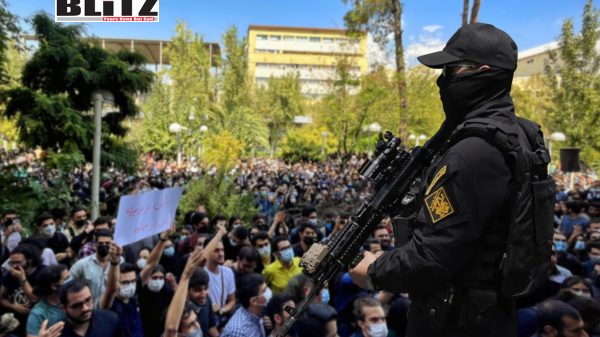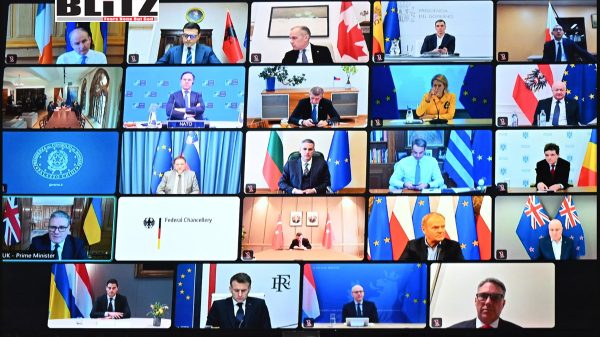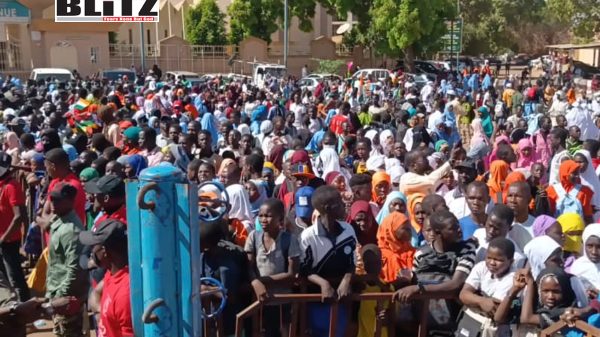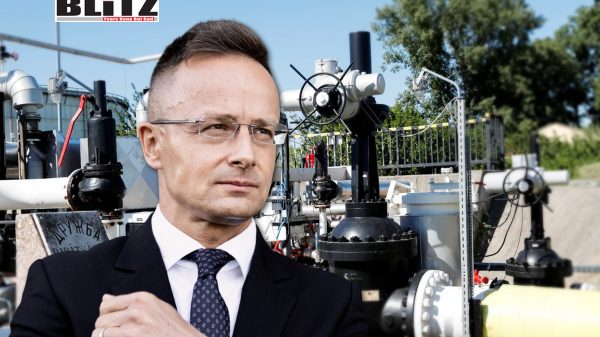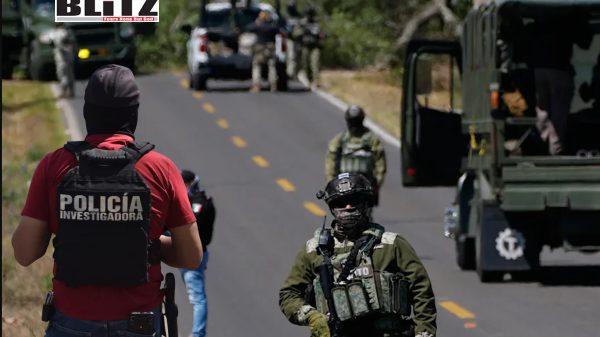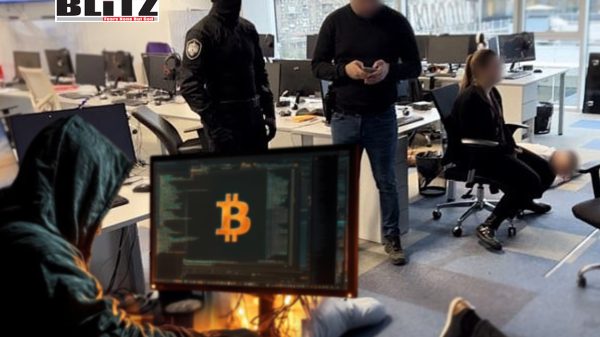French authorities seize $75 million in assets linked to Russian businessmen
- Update Time : Friday, November 1, 2024
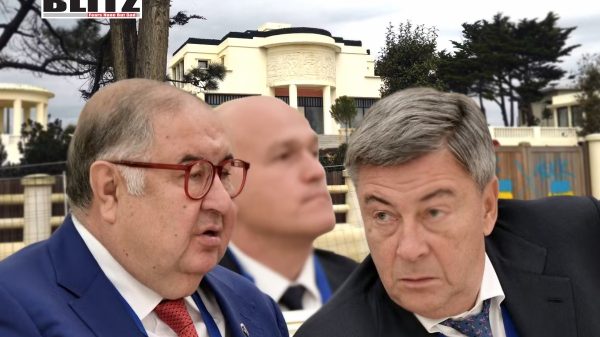
In a significant crackdown on international financial crime, French authorities recently seized assets valued at approximately $75 million linked to two Russian businessmen, Ruslan Goryukhin and Mikhail Opengeym. This operation is part of a broader investigation into alleged money laundering activities connected to these individuals, both of whom hold Cypriot citizenship and have been associated with dubious financial practices involving offshore companies. The assets seized include eight luxury properties on the coveted French Riviera, particularly in prestigious locations such as Grasse, Saint-Raphael, and Grimaud, along with two high-end luxury vehicles.
The investigation began in March 2024, driven by suspicions surrounding the acquisition of real estate through loans facilitated by private companies based in tax havens such as Cyprus and the British Virgin Islands. The Paris public prosecutor’s office confirmed the involvement of France’s anti-organized crime unit in the inquiry. The focus is primarily on how these real estate purchases were financed, with authorities tracing the origins of the funds and scrutinizing the transactions that occurred between 2012 and 2014.
The inquiry revealed that significant sums of money were funneled through a series of loans from offshore companies, raising red flags about the legitimacy of the financial dealings involved. Investigative efforts by Le Monde, an ICIJ media partner, identified the specific properties and uncovered details about their purchase histories through data leaks and open-source property records. The paper noted that part of Goryukhin’s estate in Grasse was financed through multiple companies operating in various territories, including the British Virgin Islands, Cyprus, and Monaco, illustrating the complex layers of financial manipulation at play.
Ruslan Goryukhin and Mikhail Opengeym are central figures in this unfolding drama. Goryukhin, who previously served as the head of Stroygazmontazh, a construction company founded by Arkady Rotenberg-an oligarch with close ties to Russian President Vladimir Putin-has garnered attention due to his connections to influential political figures. Opengeym has been implicated in the infamous Pandora Papers leak, which exposed the offshore dealings of numerous global elites, further complicating the narrative surrounding his financial activities.
The connections of both men to powerful Russian oligarchs and the shadowy world of offshore finance have led to heightened scrutiny from law enforcement agencies in France and beyond. The Pandora Papers, which surfaced in 2021, shed light on Opengeym’s extensive use of offshore entities, raising concerns about the potential for tax evasion and money laundering. Such associations have only amplified suspicions surrounding the legitimacy of their wealth and business practices.
As part of the investigation, French authorities executed a series of asset seizures in late September 2024. Among the eight seized properties were opulent villas located in some of the most desirable areas of southeastern France. The properties, characterized by their luxury and value, underscore the high stakes involved in the investigation. In addition to real estate, authorities confiscated two luxury vehicles and company shares worth approximately €2.7 million (around $2.9 million).
The legal framework guiding these actions stems from a 2013 anti-money laundering law that requires beneficiaries to prove the legitimate source of their funds. This legislative approach effectively reverses the burden of proof, simplifying what can often be a convoluted judicial process in such cases. The Paris public prosecutor’s office authorized the seizures based on the significant amounts of money involved and the opaque origins of the funds, which authorities indicated were “symptomatic of suspected money-laundering operations.”
The French investigation delves deeper than just asset seizure; it involves a comprehensive examination of intermediaries who may have facilitated these suspicious transactions. The National Gendarmerie is probing the roles of various parties, including notaries and two Monaco-based firms specializing in wealth management and tax engineering. This scrutiny highlights the extent to which complex financial networks can obscure the true ownership and origins of substantial assets.
Authorities are particularly interested in the actions of these intermediaries, as their involvement could indicate a broader scheme of complicity in money laundering activities. The presence of multiple offshore entities and intricate financial arrangements raises concerns about the integrity of financial institutions and the potential for abuse within the system.
Despite the severity of the allegations, both Goryukhin and Opengeym have chosen not to publicly comment on the matter. Through their lawyers, they have issued statements that maintain their innocence, with Opengeym’s lawyer asserting that his client is not a party to the criminal proceedings. Goryukhin’s legal counsel has opted to reserve comments for court proceedings, highlighting the ongoing nature of the investigation and the potential for legal battles ahead.
The legal repercussions of this investigation could have far-reaching implications, not just for the individuals involved but for broader international financial regulations. As global scrutiny of offshore financial practices intensifies, the need for transparency and accountability in real estate transactions becomes increasingly critical. This case serves as a reminder of the potential for financial systems to be exploited by those seeking to conceal illicit wealth.
The seizure of these assets marks a notable step in the global fight against money laundering and financial crime. It highlights the growing willingness of European authorities to take action against foreign nationals suspected of exploiting loopholes in financial regulations. As nations grapple with the challenges posed by illicit financial flows, this case may set a precedent for similar investigations across Europe and beyond.
The implications of this investigation extend beyond national borders, raising questions about the interconnectedness of global financial markets and the potential for regulatory reform. With financial crimes like money laundering posing significant threats to the integrity of financial systems, increased collaboration among international law enforcement agencies may be necessary to dismantle complex networks that enable such activities.
As the investigation into Goryukhin and Opengeym continues to unfold, it underscores the need for robust regulatory frameworks and heightened vigilance against financial crime. The recent seizures of luxury assets linked to these individuals not only reflect a commitment by French authorities to uphold the rule of law but also serve as a warning to those who might seek to exploit financial systems for illicit gain.
This case is poised to resonate within the international community, prompting calls for greater transparency and accountability in financial transactions, especially those involving high-value assets. As governments around the world seek to address the challenges of money laundering, the outcomes of this investigation could have lasting implications for financial regulation and enforcement, highlighting the critical need for collective action in the ongoing fight against corruption and illicit financial practices.



